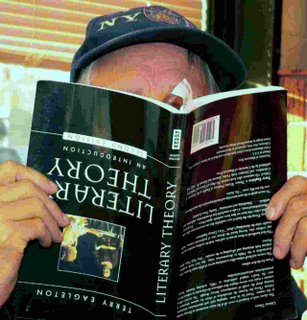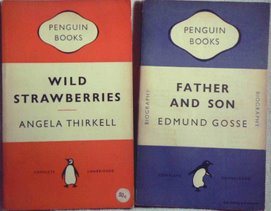Recent Reading in Books Acquired Lately
Recent Reading in Books Acquired Lately
A few inter-related centres of gravity for my interests in understanding the past have emerged from what I've been reading recently. One of these centres relates to the period around 1890 to 1910; geographically the Klondike and Pacific Northwest is what I've kept 'running across' in several of the books I've just now acquired, while the other reading I've gotten into centres around Montreal.
The poet Milton Acorn fits in here somehow, but the collection of poems I've got of his is not from the Montrteal period but rather about Prince Edward Island. (There are essays specifically about PEI history as well as poems, many I am certain were written by Acorn as a young man on the island.)
Since I have got many notions about how all these writings, writers and their subjects seem to work together into something coherent, I will just post short items about them and my thoughts from time to time, without trying to wrap anything up into one neat package. (That's a benefit at least I, if not you the reader, have license to enjoy.
Although I've sold nearly everything of Jack London's I once owned, I still have Irving Stone's bio of him written in 1935. Yesterday I picked up Laura Beatrice Berton's autobiographic "I Married the Klondike". For photos mostly I've been looking through the folio format "The Streets were Paved in Gold" by Stan Cohen. Many other books and collections, including Robert Service's poems, have also influenced my thinking about the two or three poles of attraction I am thinking of here.
Two interesting points: in Dawson a Carnegie Library was built with a $25,000 donation from that foundation in the same year that Laura (née Thompson) Berton arrived to teach kindergarten - on a salary that was more than 5 times what she'd been earning in Toronto. She and the new library arrived just after the gold seams in the Klondike had run out: at least the placer deposits one or two men could get out by digging.
Nearly all the American prospectors had returned home (many a bit richer) or moved on to another Eldorado just as Dawson was being 'institutionalized' with permanent emplacements for the bank, the Mounties, the established churches and this Carnegie Library . . as well as the school where L. Berton was to teach.
I won't even attempt to tell the stories of the Klondike and these people in a post, I've barely digested the stories myself and could spend a year going over what I have here.
The Berton who Laura Thompson married was a miner-prospector, one of the Canadians who stayed on. For 20 years in the Yukon, he as a working journalist, she as a teacher and amateur novelist, they dug in in a rigorously more domestic manner than the first prospectors had accomplished. In the Yukon, the couple raised the famous-to-Canadians man-of-letters Pierre Berton. The Berton seniors settled in Oakville, Ontario in 1932.
Jack London, like Berton senior, was on the early trek up over Chilkoot Pass and up to mining territory by river raft with the first wave. They both braved the worst conditions and yet also lived the early high-times of a boom town that had struck it rich.
Robert Service arrived later. (I see that he figures in the I Married the Klondike narrative, and I cannot wait to dig into read more about how Service succeeded early as a writer-poet and started earning more from publication than the bank manager for whom he worked.)
London had a harder time of it to get good pay for what started out as 'partial publication' of the Klondike stories, even though he had already been well received in print for stories about roughing it -- both at sea and on the western plains all the way to Chicago.
(to be continued)





